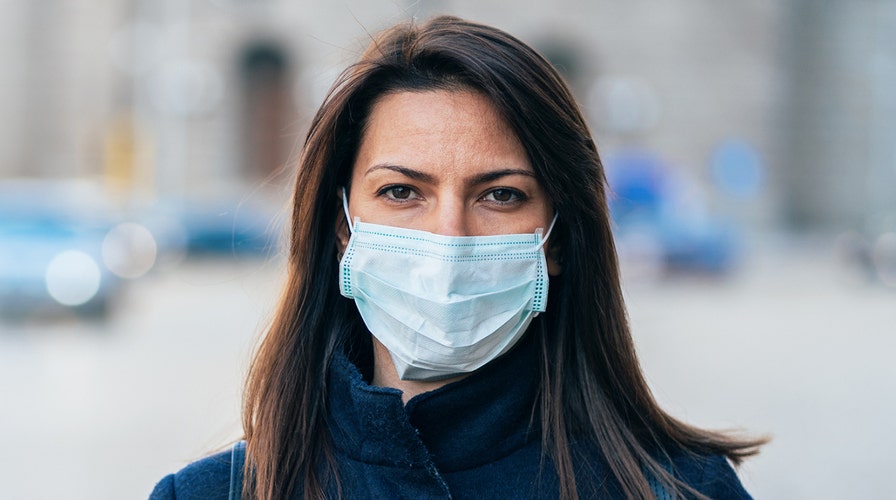Fox News Flash top headlines for April 5
Fox News Flash top headlines are here. Check out what's clicking on FoxNews.com.
Get all the latest news on coronavirus and more delivered daily to your inbox. Sign up here.
The coronavirus pandemic has ravaged the majority of the world, upending nearly every facet of life, as researchers race to find a cure. However, a newly published study suggests researchers may have found what's been described as its "Achilles' heel."
The research shows that a specific portion of the virus could be targeted with vaccines after they mapped a human antibody's interaction with SARS-CoV-2 at "near-atomic-scale resolution," according to a statement from Scripps Research. The antibody was taken from a SARS patient from several years ago, but it reacts to SARS-CoV-2 as well.
“The knowledge of conserved sites like this can aid in structure-based design of vaccines and therapeutics against SARS-CoV-2, and these would also protect against other coronaviruses—including those that may emerge in the future,” said the study's lead author, Dr. Ian Wilson, in a statement.
NEW YORK STATE WILL START CORONAVIRUS DRUG TRIALS
Wilson, speaking with the San Diego Tribune, described the area of the virus as a "possible Achilles' heel."
Unfortunately, the virus' flaw is difficult to find, "adding to the mystery," the researchers said.
“We found that this region is usually hidden inside the virus, and only exposed when that part of the virus changes its structure, as it would in natural infection,” co-author Meng Yuan added.
Scripps Research said it is actively seeking out recovered COVID-19 patients who are willing to donate their blood to screen for potential antibodies.
The study has been published in the journal Science.
In a separate study, researchers pointed out the blood of recovered patients can aid in the treatment of severe cases.
The research, published in the Journal of the American Medical Association, looked at five patients in Shenzhen, China, who were deemed "critically ill." The experts found that giving them an experimental plasma transfusion that contained a "neutralizing antibody" helped in their recovery.
CLICK HERE FOR COMPLETE CORONAVIRUS COVERAGE
As of Sunday morning, more than 1.22 million coronavirus cases have been diagnosed worldwide, more than 312,000 of which are in the U.S., the most impacted country.









































